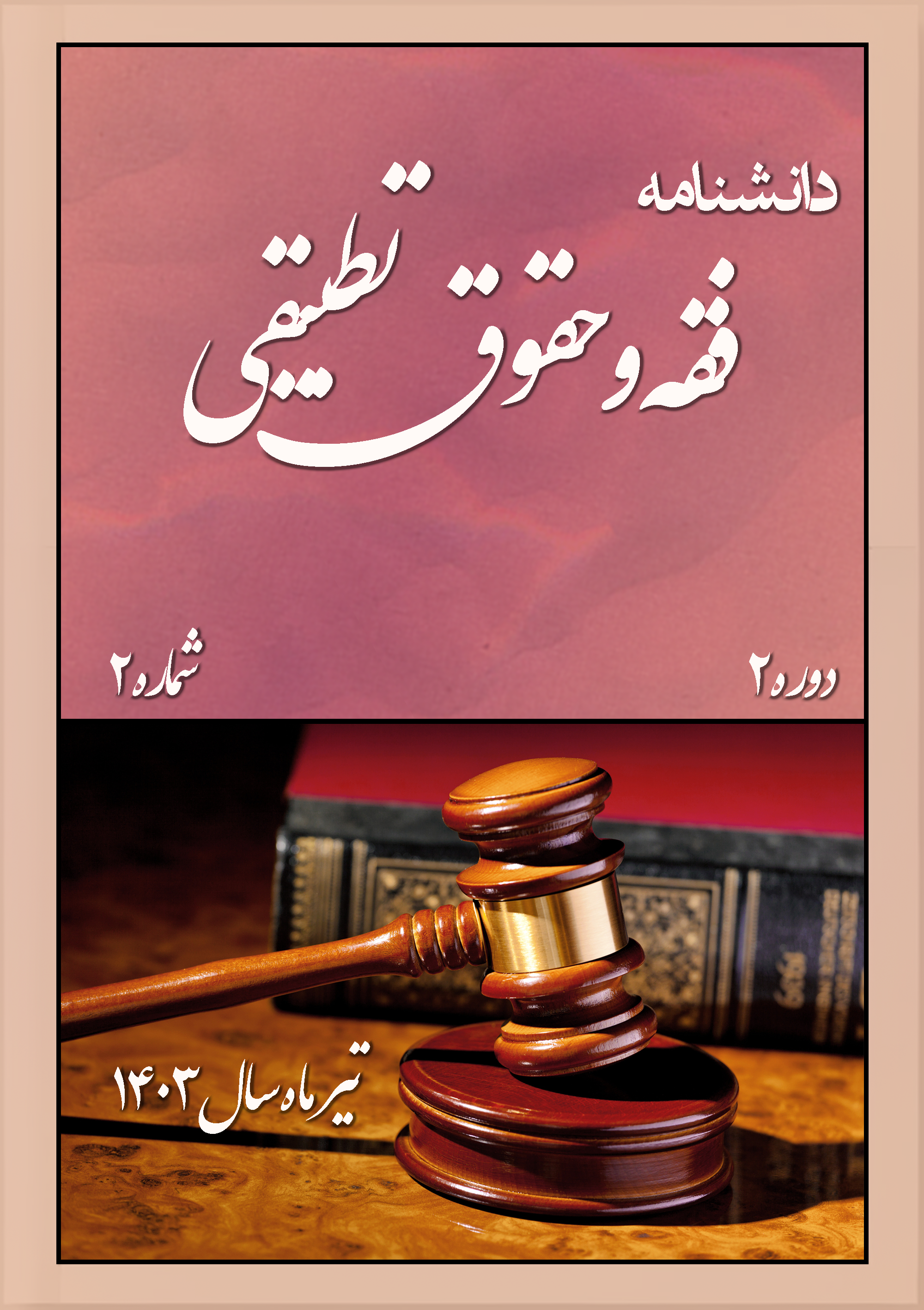The Comparative Study of the Legal Status of Refugees’ Citizenship Rights in the Laws and Regulations of Iran and Iraq
Keywords:
Human Rights, International Instruments, Iranian and Iraqi Law, Refugees, Civil RightsAbstract
One of the most significant political, social, and legal concerns of modern states that has become a major issue in the field of human rights is the question of refugee protection. In the realm of international law, numerous instruments have been adopted to safeguard the rights of refugees, and many states have accepted the obligations arising from these conventions. Among them, Iran and Iraq are considered key host countries for refugees in the Middle East. The presence of millions of refugees-mostly from Syria and Afghanistan-has intensified debates over their civil rights and legal protections. Although both countries have acceded to several relevant international instruments and have introduced certain domestic regulations to address refugee issues, challenges such as ambiguity regarding the legal status of refugees, discrimination in the enjoyment of social and economic rights, and the lack of alignment between domestic laws and international standards have hindered the full realization of refugees’ civil rights. This paper seeks to answer the key question of What are the differences and shortcomings of the Iranian and Iraqi legal systems in ensuring the civil, social, and economic rights of refugees, and how can their situation be improved through legal reforms and enhanced international cooperation? The study adopts a descriptive–analytical method and concludes that the effective realization of refugees’ civil rights requires comprehensive legal reforms, strengthened international cooperation, and the adoption of universal human rights standards in both Iran and Iraq.
Downloads
Published
Issue
Section
License
Copyright (c) 1403 حسین سلیم شیخ اومر (نویسنده); محمد مظهری; آیت مولایی, سید حسین ملکوتی هشجین (نویسنده)

This work is licensed under a Creative Commons Attribution-NonCommercial 4.0 International License.










